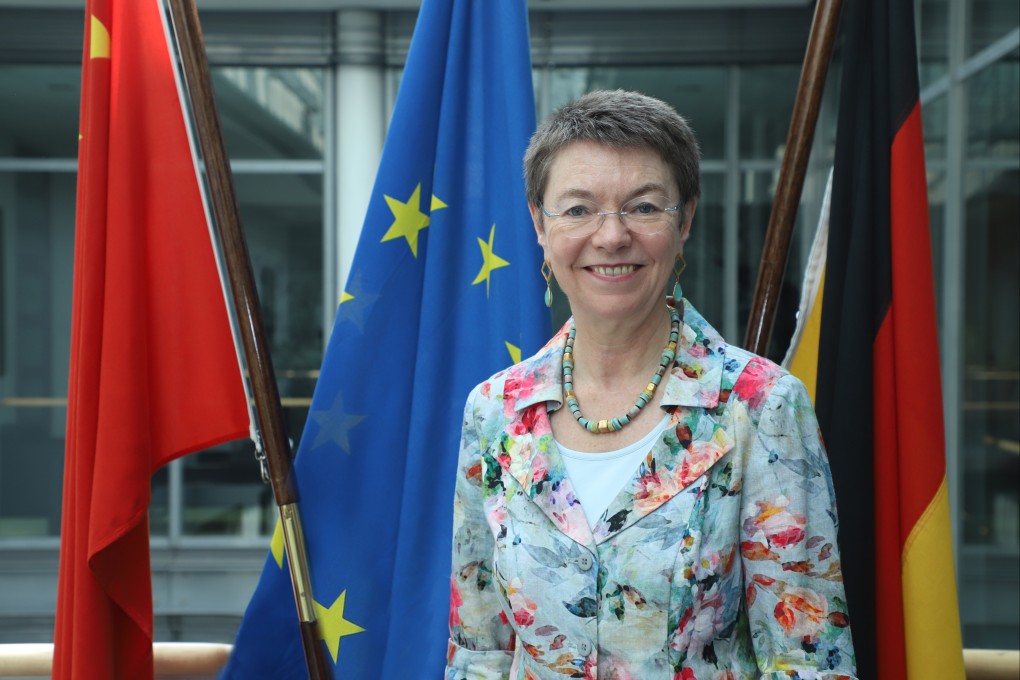Exclusive | German carmakers want to compete with China but it must be a ‘fair fight’: envoy Patricia Flor
- Lack of a level playing field is underlying issue of overcapacity and healthy competition will lead to innovation, Berlin’s representative in Beijing says
- In a wide-ranging interview, the ambassador shares her thoughts on relations between the two countries, from differences to common ground

Patricia Flor, German ambassador to China, talks to the Post in the wake of Chancellor Olaf Scholz’s pivotal visit to China in April. The conversation delves into the spectrum of shared understandings and points of contention between the two countries, including overcapacity, Ukraine, climate change and the sensitive topic of espionage arrests.
We live in a very difficult geopolitical environment. It is essential that our leaders meet and discuss directly and regularly.
Although we do have differences on issues such as the Russian invasion into Ukraine or the situation in the Middle East, diplomatically, it is very much necessary to discuss and find some common messages nonetheless, which we did.
All of these go together with the chancellor’s visit, the upcoming intergovernmental consultations next year, and other intensive dialogue formats on the different fields where China and Germany interact.
It is completely normal in a democracy with free media as in Germany to have a free debate on whether the trip was successful or not.


